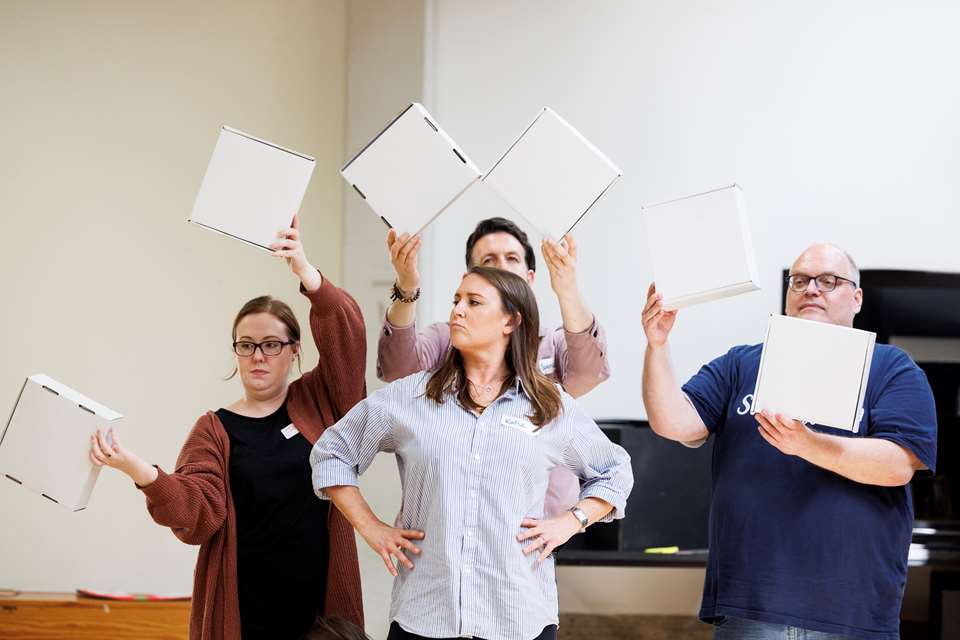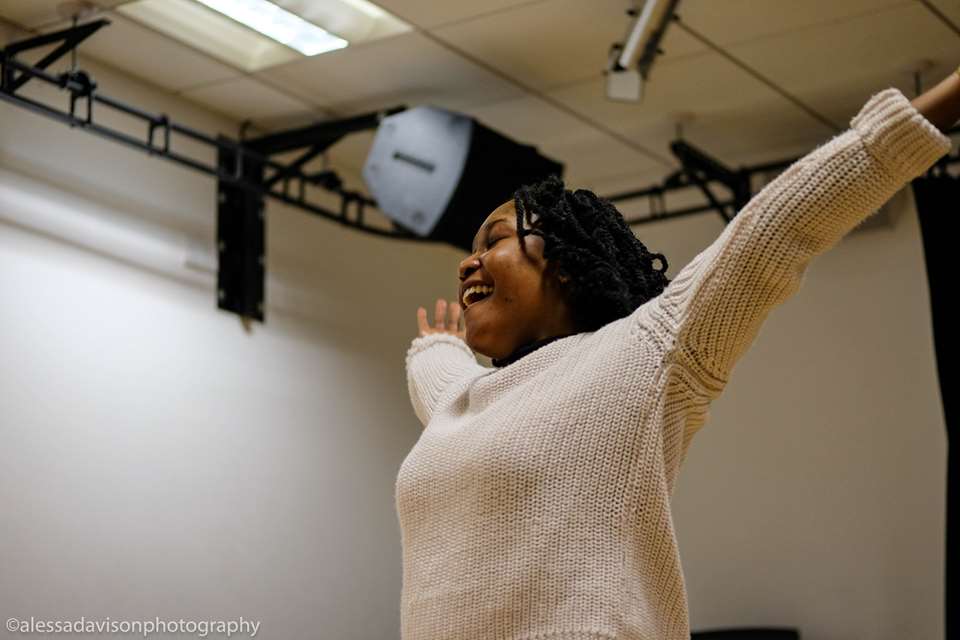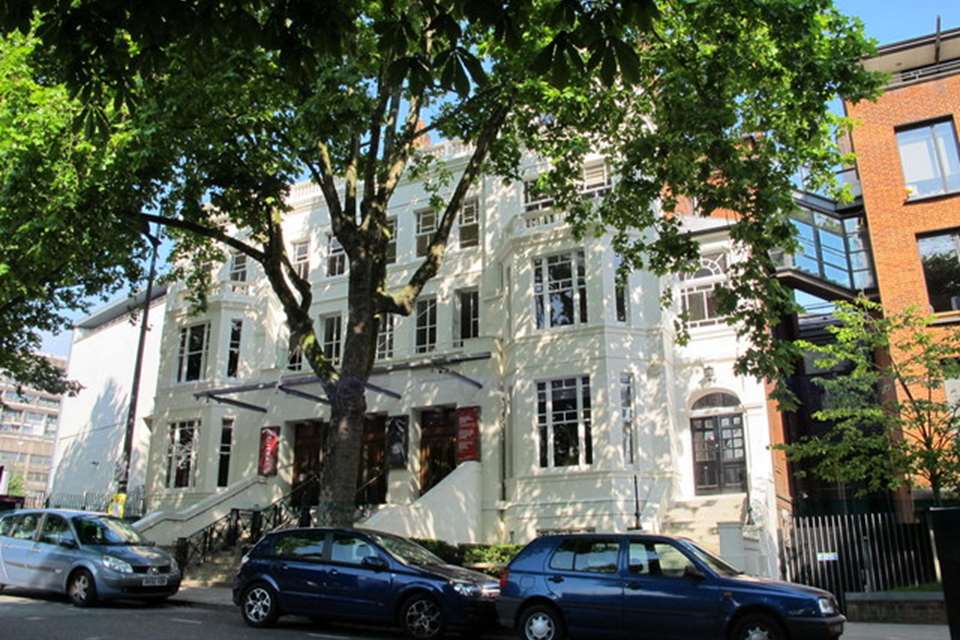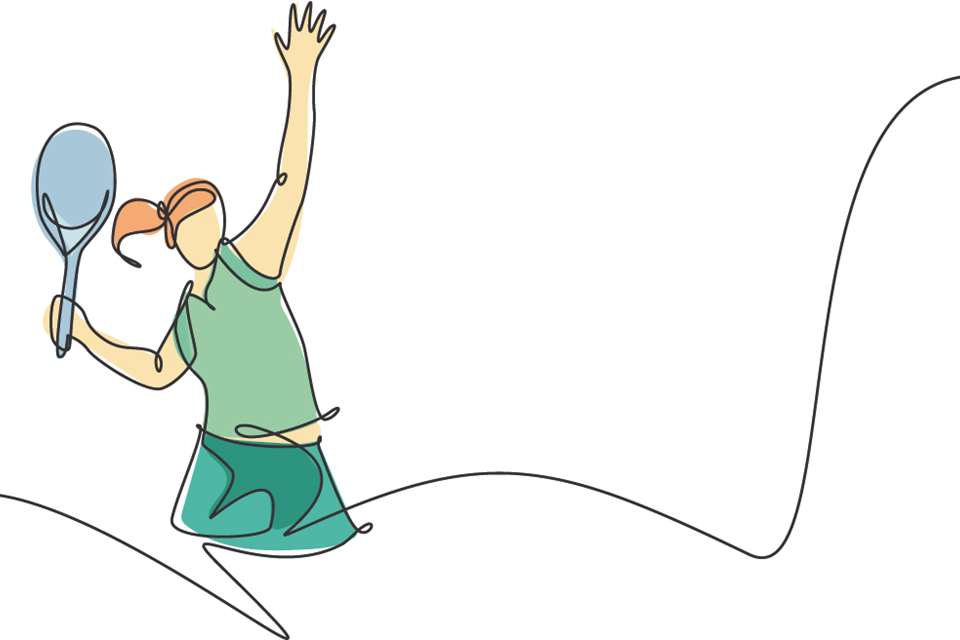RSC calls for improved school arts provision following Shakespeare-learning study
Hattie Fisk
Wednesday, March 6, 2024
The RSC’s research project Time to Act found that primary pupils interacting with Shakespeare had increased confidence and increased writing skills.
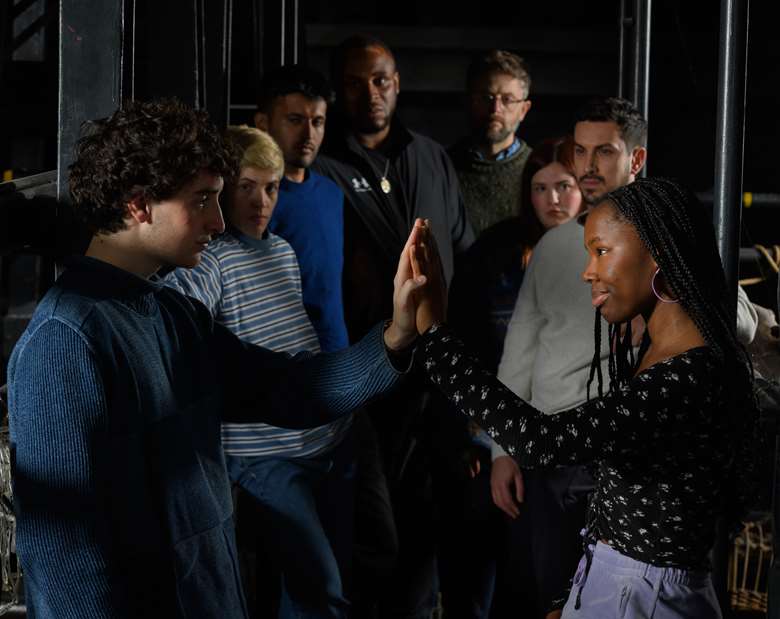
RSC
The Royal Shakespeare Company (RSC) calls on policymakers to invest in a centralised research hub for arts and cultural learning in the UK.
This call to action follows a 12-month research project called Time to Act, which found that primary school pupils exposed to the work of Shakespeare had an increase in confidence and a richer vocabulary.
Fourty five state primary schools took part in the project, and the teachers involved were guided by five days of professional development from the RSC. The schools were randomly assigned to either interact with Shakespeare in their teaching or to act as a control group.
It was found that the school children who received 20 hours of Shakespeare-based teaching (compared to the control group) had:
- Increased confidence - they were 13.8% more self-assured in language skills than their peers; 12.6% more comfortable in taking a considered approach to tackling their work objectives; and 11.3% more confident in their own ability as a good learner.
- More detailed and more complex use of language - a 24.3% higher usage of rarer verbs and 20% longer phrasing and more clauses within sentences.
- Used more expansive descriptions of setting, place and atmosphere, demonstrating a broader sense of imagination in terms of plot.
The findings were assessed by 3000 written responses from children in those schools.
Jacqui O’Hanlon, RSC director of creative learning, said: ‘The results provide data that supports what we have known for many years – that arts education plays a significant role in improving the life-chances of young people. Expressive arts subjects and experiences significantly contribute to children’s development.
‘We know that talent is everywhere, but opportunity is not. We want all young people to be resilient and feel confident in their ability to overcome challenges and solve problems. These are capabilities that expressive arts subjects build and that young people will use throughout their lives.’
This report has led to the RSC refreshing their aims, with the organisation listing the following targets:
1) That the arts and culture sector work together to develop measures on ‘the impact of arts interventions’ for young people’s social, emotional and academic development.
2) Investment in a centralised research hub for arts and cultural learning in the UK.
3) For policymakers locally and nationally to recognise the ‘impact and importance of an arts-rich education’.




